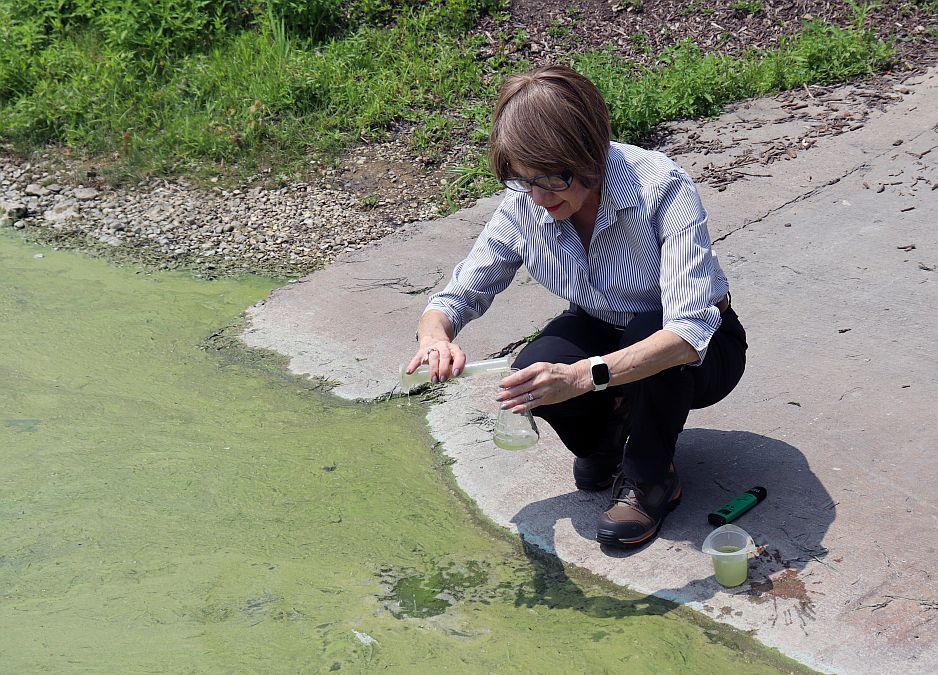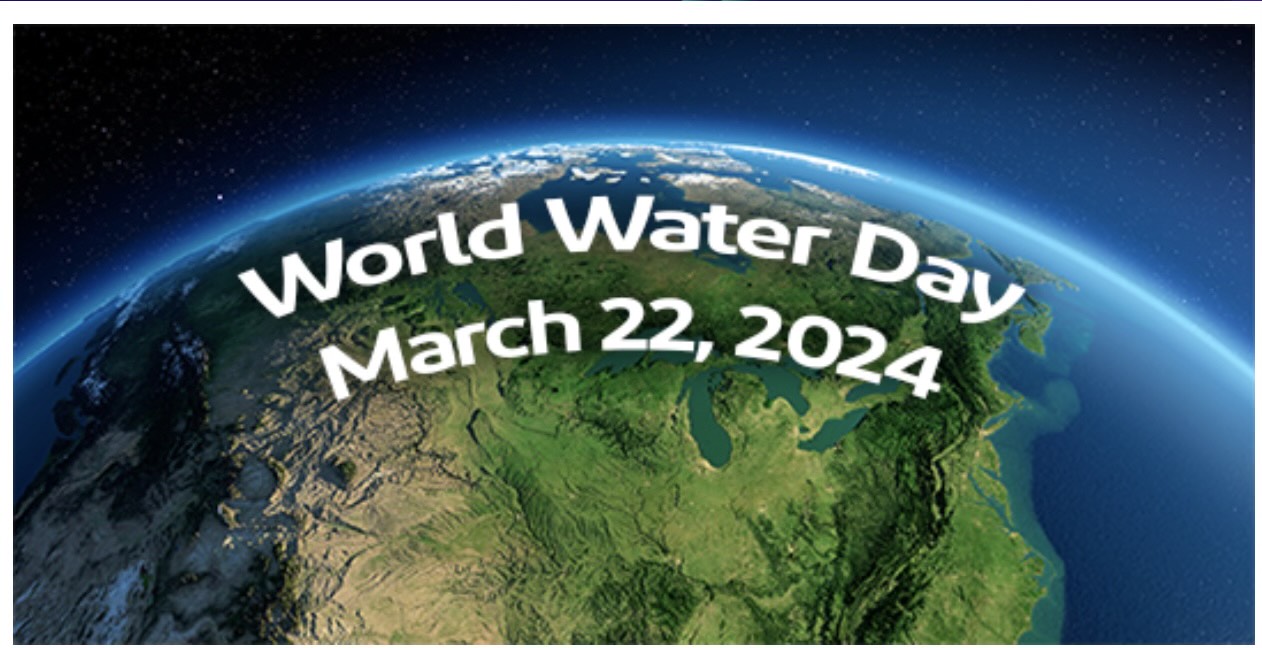March 22nd is World Water Day 2024. This year’s theme is “Leveraging Water for Peace” to encourage people to advocate for sustainable management of freshwater resources. We need to take action to tackle the water and sanitation crisis.
Access to clean water should be a basic human right, not something to fight about. World Water Day reminds us that 2.2 billion people now live without access to safe water. It highlights the importance of global access to clean water and sanitation, and the sustainable use of water.
Water and climate change are inextricably linked. Extreme weather, storms flooding, drought and poor crops mean water is scarcer, more polluted and/or more inaccessible in much of the world. We must all work to sustainably manage freshwater ecosystems, protect wetlands, adopt climate-smart agriculture and promote biodiversity.
Water pollution is a major problem in today’s world. According to the EPA, 40% of our nation’s waterways suffer from water quality problems. 207 of our 397 national parks — 52 percent —have waterways that do not meet appropriate water quality standards under the Clean Water Act. Polluting an already scarce water supply further reduces what can be safely used.
Climate Change and Water
Linda Robertson knows climate change is a crisis issue, threatening the quality of life on this planet and our children’s future.
She recognizes the importance of water. Linda really cares about water quality. She spent much of her career working on water reuse and recovery in papermills. Most of her 12 patents are directly related to water purification or treatment of water prior to discharge in rivers. As an international consultant, she worked on energy conservation issues and methods to eliminate air and water pollution.
Linda knows that we must act now. Linda really cares about water quality. An avid kayaker, she understands that we are using up ancient glacier water at the same time our groundwater is contaminated with PFAS “forever” chemicals. Nutrient pollution is increasing in rivers, streams and lakes. It is time to take action globally—but also locally and in Illinois. Scientists research questions and as they get more information they are used to responding to change.
As a scientist, Linda will fight in Springfield to protect our waterways, rivers and groundwater.
What can I do?
On this Water Day 2024, there are ways we, as groups but also as individuals, can act to protect our water. Join Team Linda in adopting these suggestions from Energy Saver.gov
- Learn about the current water crisis and water pollution issues
- Monitor water quality
- Reduce your household’s water usage by not wasting water while washing dishes, showering, or brushing your teeth
- Avoiding over-watering your lawn and use rain barrels to collect rainwater for landscaping use
- Check automatic sprinkler systems for proper coverage and to make sure there are no leaks or broken heads
- Volunteer in a local stream or beach cleanup or adopt a watershed with friends and family.
- Plant trees to prevent erosion
- Pickup after your pet as animal waste is full of nitrogen which can remove oxygen from the water leaving it unusable for aquatic life
- Do not hose down your driveway, patio and sidewalks – use a broom instead
- Do not flush expired or unwanted medication down the toilet because these products have toxic chemicals
- Take used oil or antifreeze to a service station or recycling center for proper disposal
- Use environmentally friendly soaps and cleaning products
- Don’t use fertilizer with phosphorus which is toxic to marine life, opting instead for organic materials
- Wash your car at a car wash which will prevent toxic chemicals from going down the storm drain and into the watershed as car washes drain into sewer systems so the water can be treated and reused – that is unless you use environmentally friendly detergent and a bucket to empty the soapy water down the sink rather than the gutter and storm drains.
Click here to volunteer to help send Linda to Springfield! She will fight for smart environmental action now.
Click here to learn more about United Nations World Water Day


